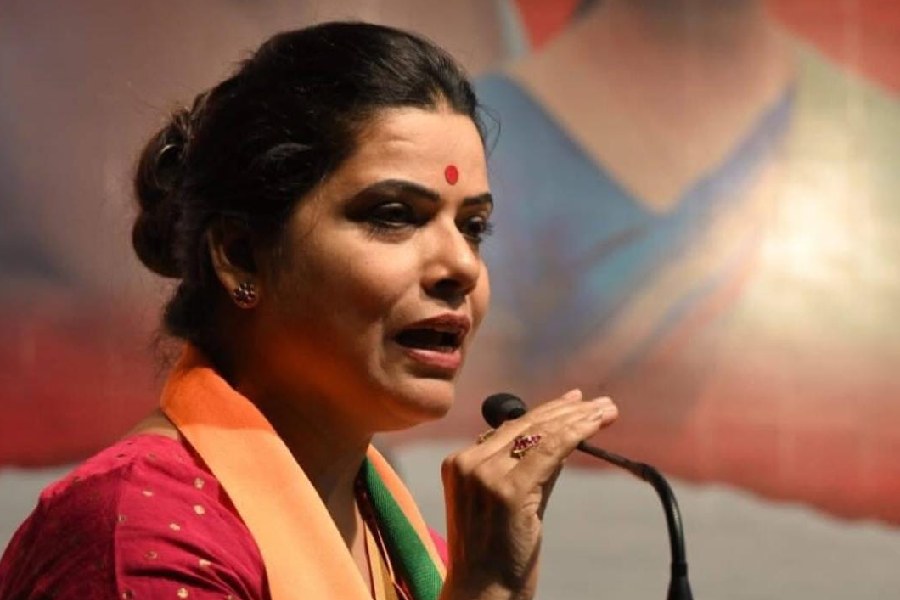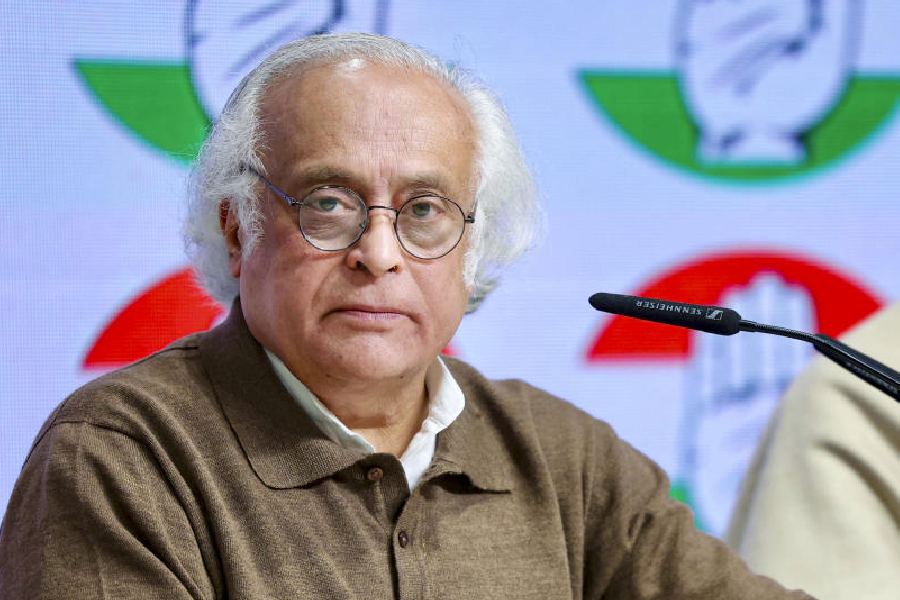 |
| FUND FRACAS: A demonstration by activists of Greenpeace India, one of the NGOs accused of not furnishing accounts of foreign aid |
Samit Aich was travelling when a colleague phoned him to break the news — that an Intelligence Bureau (IB) report had accused Greenpeace, along with 21 other non government organisations (NGOs), of violating the Foreign Contribution (Regulation) Act or FCRA by taking foreign funds but not furnishing the mandatory accounts.
The “leaked” intelligence report, published in a number of newspapers recently, also charged the NGOs with jeopardising India’s economic security by running campaigns — or fomenting agitations — against government policies and development projects. It suggested that the government freeze the bank accounts of these NGOs and cancel their FCRA registrations, which had allowed them to raise the funds.
“I could not believe my ears. The charges were entirely baseless,” says Aich, the executive director of Greenpeace India. “The Centre is using the FCRA to gag the voices of people in democratic India.”
Clearly, the IB report has caused a stir in the country’s civil society, raising questions about the law and the use that the government is putting it to.
“The intelligence report demonstrates how the Centre is trying to clamp down on activists and organisations that are critical of government policies, especially towards nuclear energy and genetically modified foods,” says Supreme Court lawyer and Aam Aadmi Party leader Prashant Bhusan, who filed a case in the Delhi High Court against the Congress and BJP for receiving funds from a United Kingdom-registered company in violation of the act.
The FCRA — first enacted by the Indira Gandhi government in 1976, which was repealed and then re-enacted by the Manmohan Singh government in 2010 to make it more stringent — forbids political parties or organisations of “political nature” from receiving funds from individuals or companies living or based abroad.
Contrary to popular belief, the FCRA is not just about monitoring foreign funds flowing into the NGOs. The act expressly prohibits, among others, judges, journalists, legislators, bureaucrats and election candidates from accepting “foreign contributions” except in seven specified exemptions. These include: salaries or wages from foreign companies; payments in international trade and commerce; foreign scholarships and stipends; money received from relatives in a foreign country; remittances permitted under the Foreign Exchange Management Act of 1999 or Fema.
In controlling the foreign funds streaming into the country, the 2010 act says it seeks to ensure that “parliamentary institutions, political associations and academic and other voluntary organisations as well as individuals working in the important areas of national life” function in a manner “consistent with the values of a sovereign democratic republic”.
In others words, the act aims to curb the “undue and illegitimate influence that any foreign individuals, bodies or corporations may seek to have on our institutions, public life and policy making,” says a Union home ministry official.
Voluntary organisations seeking foreign funds are required under the FCRA to register with the Union home ministry and provide details of their bank accounts. They can receive funds only after the ministry gives the green light. They are also supposed to furnish accounts annually showing how the funds they got were utilised. The official says that many NGOs fail to do so, raising concerns about misspending.
Of some 47,000-FCRA registered NGOs in the country, only 1,200 or so have accounted for the funds they received from foreign countries by way of donations in 2013-14. In 2012-13, some 17,000 NGOs submitted their reports to the home ministry, accounting for over Rs 10,900 crore received in foreign contributions.
Legal experts believe there is nothing wrong with the act per se. “FCRA seeks to curb money laundering for terrorism and, if properly implemented, can be used to stop the foreign funds from being funnelled into political parties,” says Calcutta High Court lawyer Vipul Kundalia, who has the Enforcement Directorate among his clients.
Nevertheless, lawyers question the manner in which the FCRA has been implemented in the country. In his petition to the Delhi High Court, Bhushan called into question the funding of two political parties by a UK-registered aluminium company with subsidiaries in India.
“Any company registered in Britain is a foreign company and thus political parties cannot receive funds from it under the FCRA,” he says, referring to the March 2014 ruling of the high court that asked the Centre to investigate the charges and take action.
Though the 2010 act was passed to overcome “deficiencies” in the 1976 FCRA, lawyers find some section of the new act either vague or tilted towards the state instead of its people.
What particularly raises hackles — of NGOs and lawyers alike — is a sub-clause (No. 6) of the Foreign Contribution (Regulation) Rules (which is part of the act) that was passed in 2011. It says that “any organisation, by whatever name called, which habitually engages itself in or employs common methods of political action like ‘bandh’ or ‘hartal’, ‘rasta roko’, ‘rail roko’, or ‘jail bharo’ in support of public causes” can be described as an “organisation of political nature” and thus barred from receiving foreign funds.
“This gives government enormous power to crack down on organisations or NGOs under the FCRA,” Kundalia says.
NGOs are also alarmed by some vague clauses in the act. For example, though the law bans organisations acting against “national interest”, it is silent on what constitutes “national interest”.
“It’s a draconian law that was originally enacted during the Emergency to curb the democratic rights and freedom of the people. It is sad that we are still stuck with it,” says Aich of Greenpeace India.
Not everyone agrees. In fact, some say the law has served its purpose in a country flooded with foreign funds.
“There is no harm if more transparency is brought into the system,” says Calcutta High Court lawyer Jay Sengupta. “No society can stop having laws on the apprehensions that some provisions may be abused.”
Clearly, while the controversy over some NGOs allegedly receiving foreign funds without following due process rages on, the spotlight will remain firmly on the FCRA.










